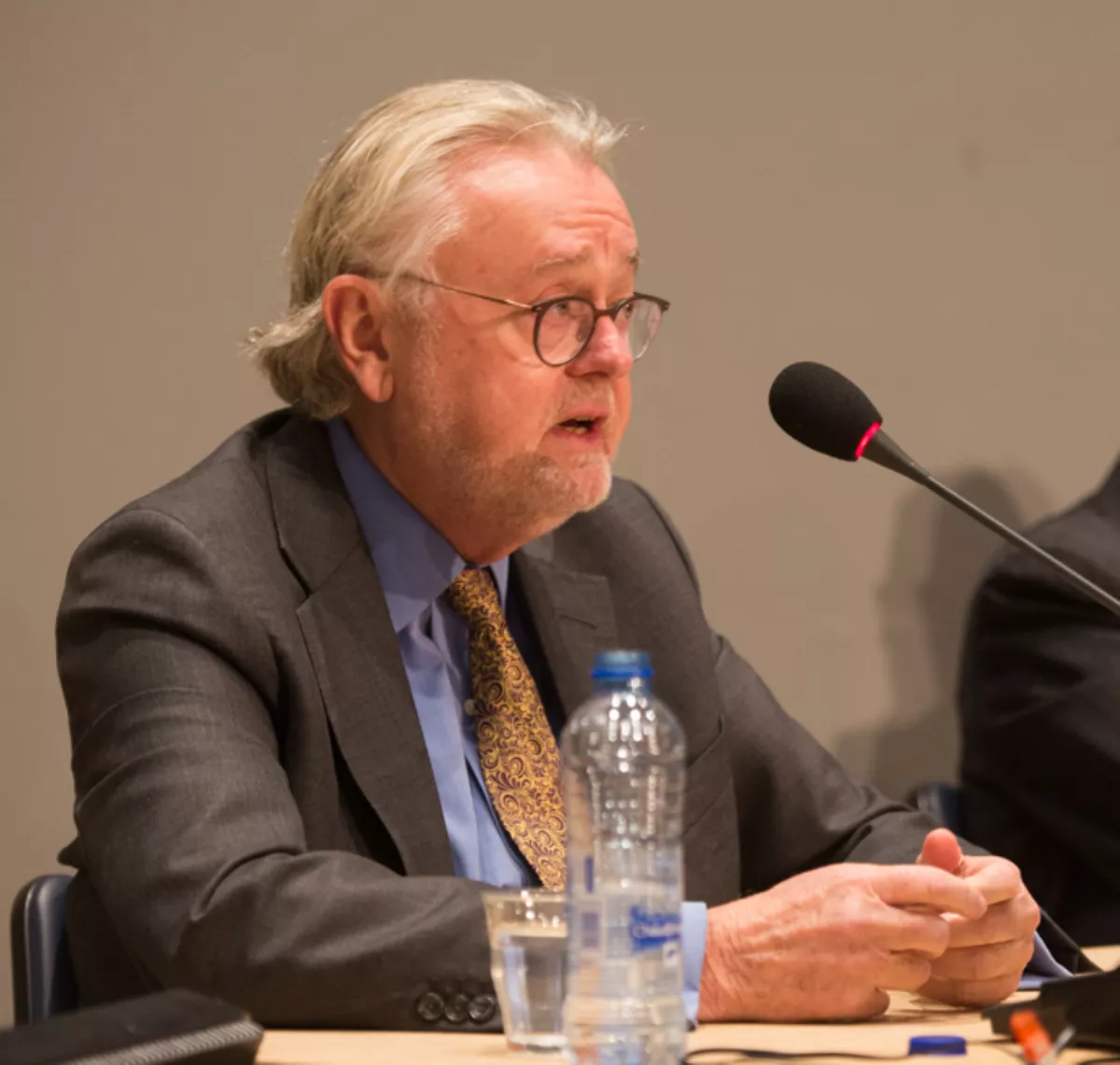 1.
1. William Schabas is professor of international law at Middlesex University in the United Kingdom, professor of international human law and human rights at Leiden University in the Netherlands, and an internationally respected expert on human rights law, genocide and the death penalty.